
Dungeons & Dragons All Started In This Tiny Wisconsin Town
Since 2008, Lake Geneva has hosted Gary Con, a convention honoring the hometown hero who created the beloved game.
Every March, barbarians, wizards, and bards descend on Lake Geneva, Wisconsin. They gather to roll dice propelling them on epic quests, in search of treasure and glory. They battle monsters, combat evil, and foster friendships that last lifetimes.
Lake Geneva might seem like an odd place for Dungeons & Dragons (or D&D) fans to pilgrimage to, but it’s here, a quiet town 55 miles from Milwaukee, that the game was born.
D&D now has millions of fans around the world and Luke Gygax, son of the game’s co-creator Gary Gygax, and other dedicated gamers have created an event, Gary Con, to recognize the role his father and Lake Geneva had in creating it.


When Gygax published Dungeons & Dragons 50 years ago, his son Luke Gygax was one of the first to play it—the Gygax dining room table was the game’s testing lab.
“My earliest memories are gathering around the table with my dad and his friends and shaking dice,” Gygax recalls. “I was so young I couldn’t read or write yet, but my dad would say, ‘You’re playing this character.’”
The first role-playing game of its kind, Dungeons & Dragons allows players to create their own alter egos—warriors, wizards, thieves—who work together on a shared quest. They pick up spells and weapons along the way to strengthen their battle skills when facing off against villains. A Dungeon Master is assigned to narrate and guide the gameplay. The game’s flexibility means the quest can last hours…or years.
Getting D&D published in the first place was a feat for the elder Gygax. Luke, the youngest of five at the time, recalls that his father had been fired from his insurance sales job just a week before he was born. To try to make ends meet, Gygax started a shoe repair business he ran out of their basement.
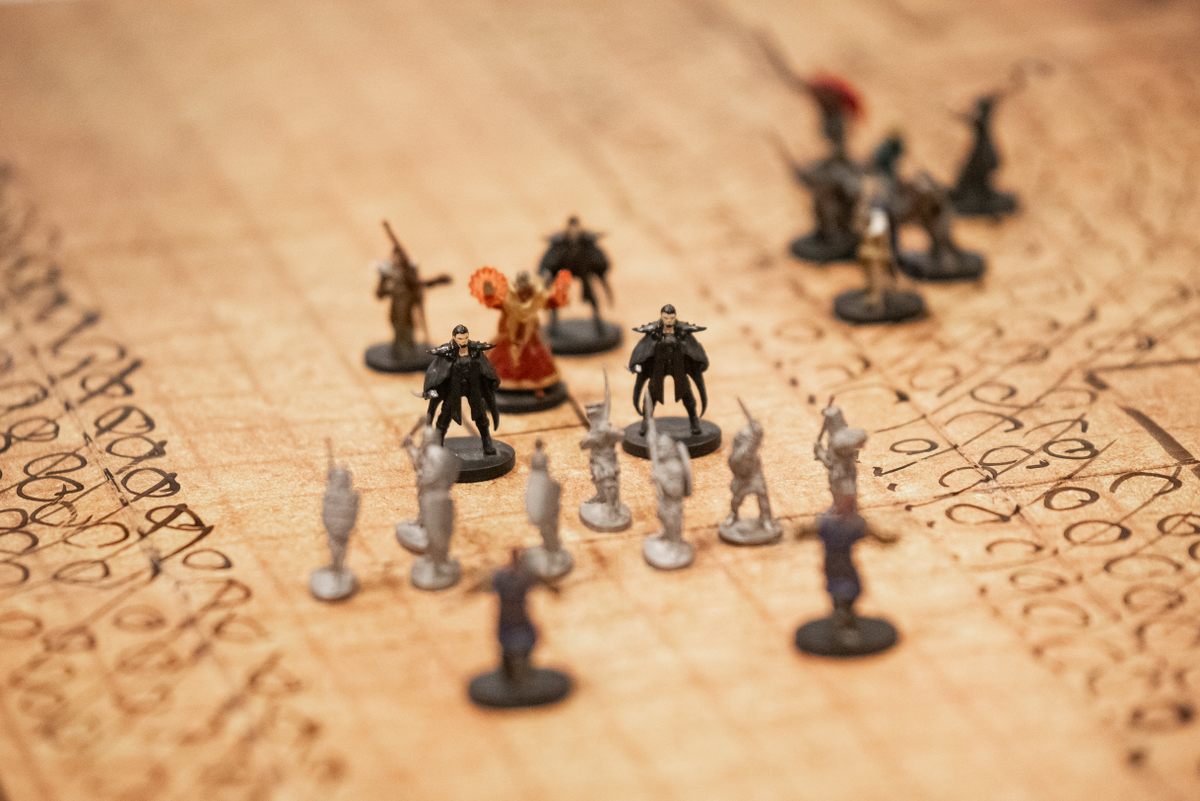
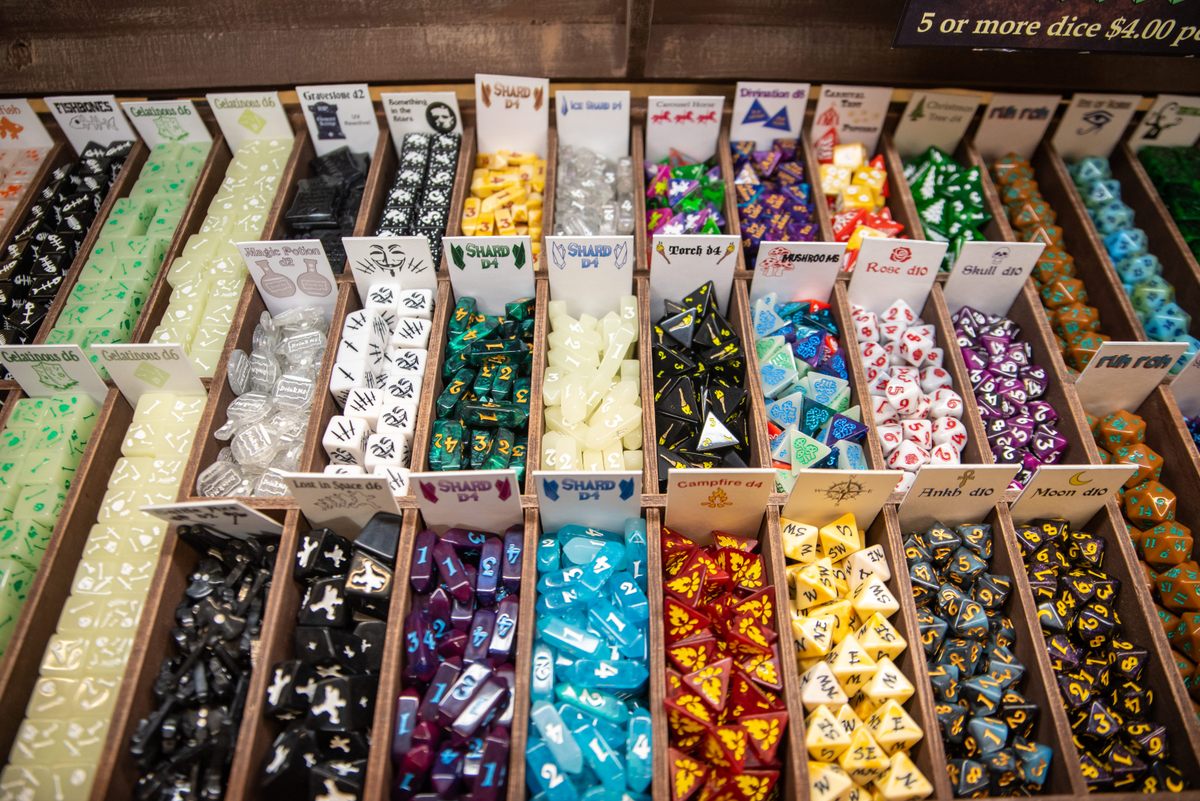
“We were desperately poor—we didn’t have a car, we rented a tiny little house,” says Gygax. The family relied on food stamps and Luke’s mom, Mary Jo, gardened and canned food to make the dollars stretch.
Luke’s father loved all types of games and was especially interested in strategy wargames. In 1968, Gygax rented a venue called the Horticultural Hall to host a gathering he called the Lake Geneva Wargames Convention (later shortened to Gen Con) which still operates today as the largest tabletop game convention in North America.
When developing Dungeons & Dragons, Gygax collaborated with his fellow gamer Dave Arneson to conceive of a fantasy setting instead of a historical battleground. After his attempts to sell the game were rejected, Gygax, with an investment from his friend Don Kaye, decided to start his own company, Tactical Studies Rules (TSR), to publish D&D in 1974. Sales skyrocketed over the next 10 years.
“It was a new medium where you were both the creator and the audience for your creation at the same time. He took storytelling and democratized it,” says Ben Riggs, gaming historian and author of Slaying the Dragon: The Secret History of Dungeons & Dragons.
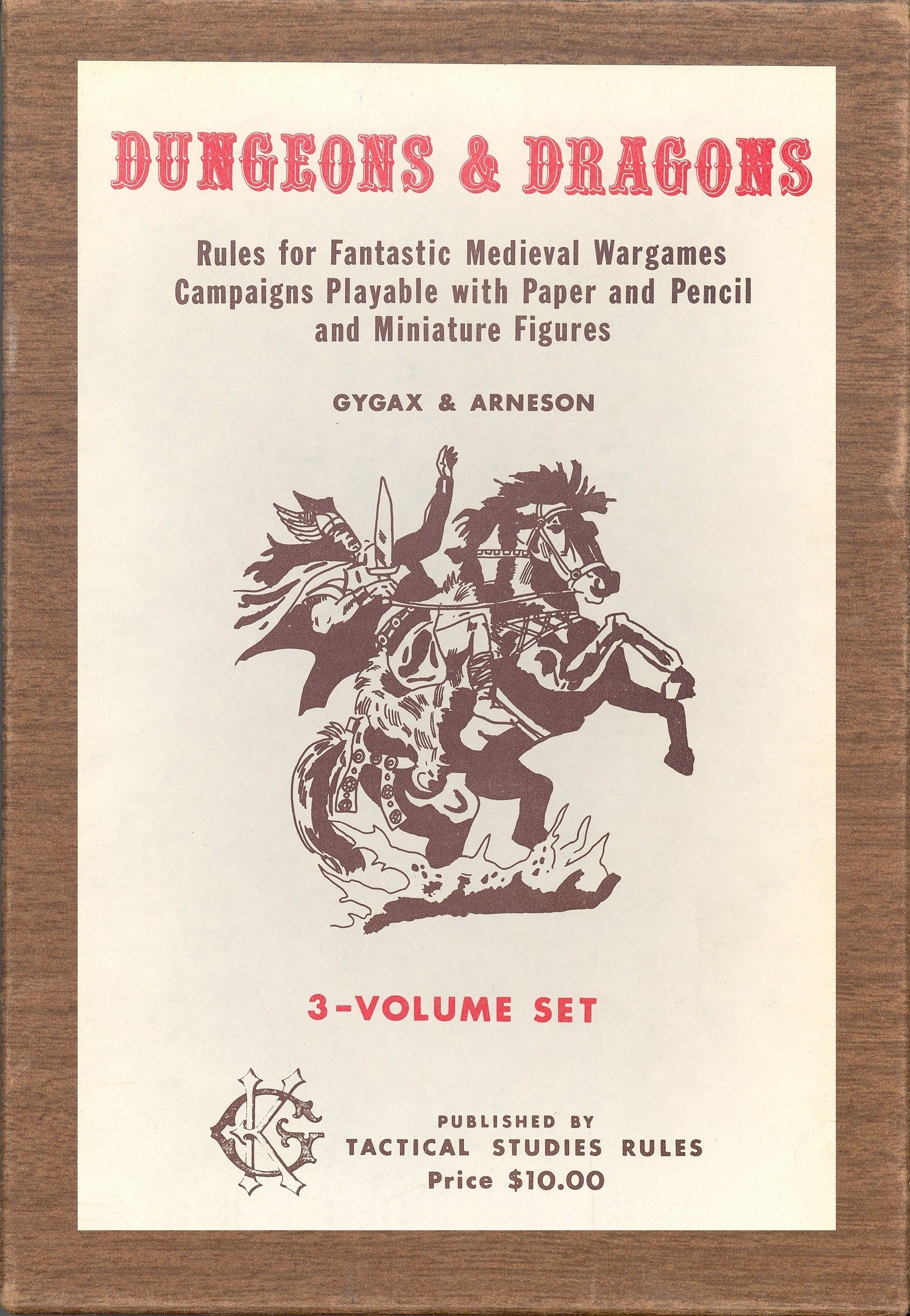
As demand grew, Tactical Studies Rules rapidly expanded their real-world kingdom. At their peak in the early 1980s, TSR employed about 400 people, importing writers, artists, and editors to Lake Geneva, a town of less than 6,000 at the time. Although D&D was always their best seller, TSR made other games and had a publishing arm that printed fantasy novels set in D&D realms, and Dragon, a magazine that featured gaming tips and short fiction.
But in 1985, Gygax was ousted from his own company. The market was saturated, sales were slipping, and the shareholders voted to replace Gygax with the company’s general manager, Lorraine Williams. Gygax went on to design games for other companies and wrote fantasy novels.
After Gygax’s departure, TSR accrued millions of dollars of debt. Wizards of the Coast, a company that had a huge hit with their Magic: The Gathering game, bought TSR (including Gen Con) in 1997. The company still produces the game and historian Ben Riggs says D&D is as popular as ever.
“Ever since the 2008 recession the tabletop roleplaying game industry has been growing and growing,” Riggs says. He believes that the last decade has been among D&D’s best, attributing that success to a variety of factors—popular web series like Critical Role, where viewers are entertained by live game sessions; D&D’s appearance in Stranger Things; last year’s Dungeons & Dragons: Honor Among Thieves film; and the pandemic, where people were introduced or reacquainted with D&D and played it in pods or via Zoom. But Gary Gygax never got to see this revival.
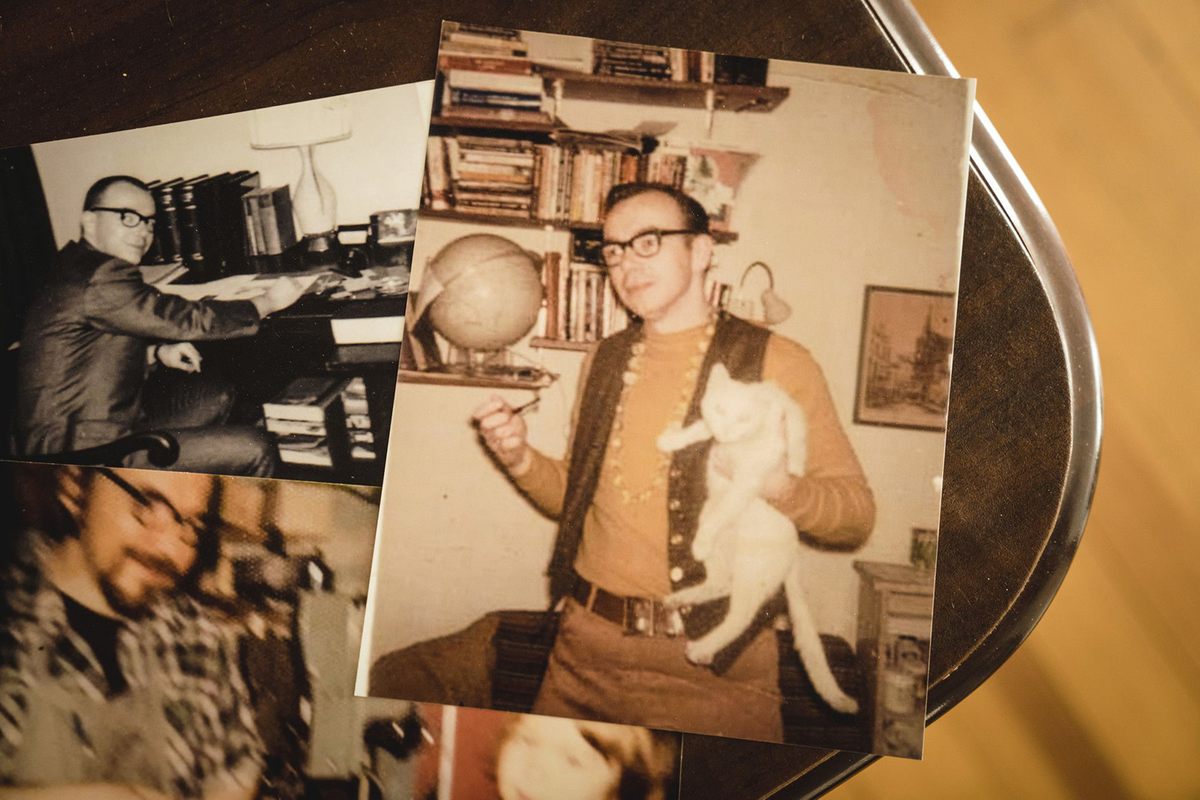

In 2008, Gygax passed away due to complications with an aneurysm. Luke says he was “shocked” by the volume of condolences he received. People were calling him to tell him how important his father’s creation was to them, how D&D had given them motivation to face their challenges and make difficult changes.
“It came from all walks of life,” Gygax says.
The Gygax family decided the best way to remember Gary’s legacy was to do what he loved best. After his funeral, they assembled at an American Legion Hall in Lake Geneva (TSR had hosted several early Gen Cons there) to play games. This led to Luke envisioning an annual event, Gary Con, that would not only honor his father but other talented TSR game makers. As a kid, he would sometimes peek over their shoulders as these creators worked at drafting tables and typewriters.
“I considered some of them to be like uncles,” Gygax says. “I’ve gotten reacquainted with them and become friends with them again as an adult.” One of those people is Skip Williams.
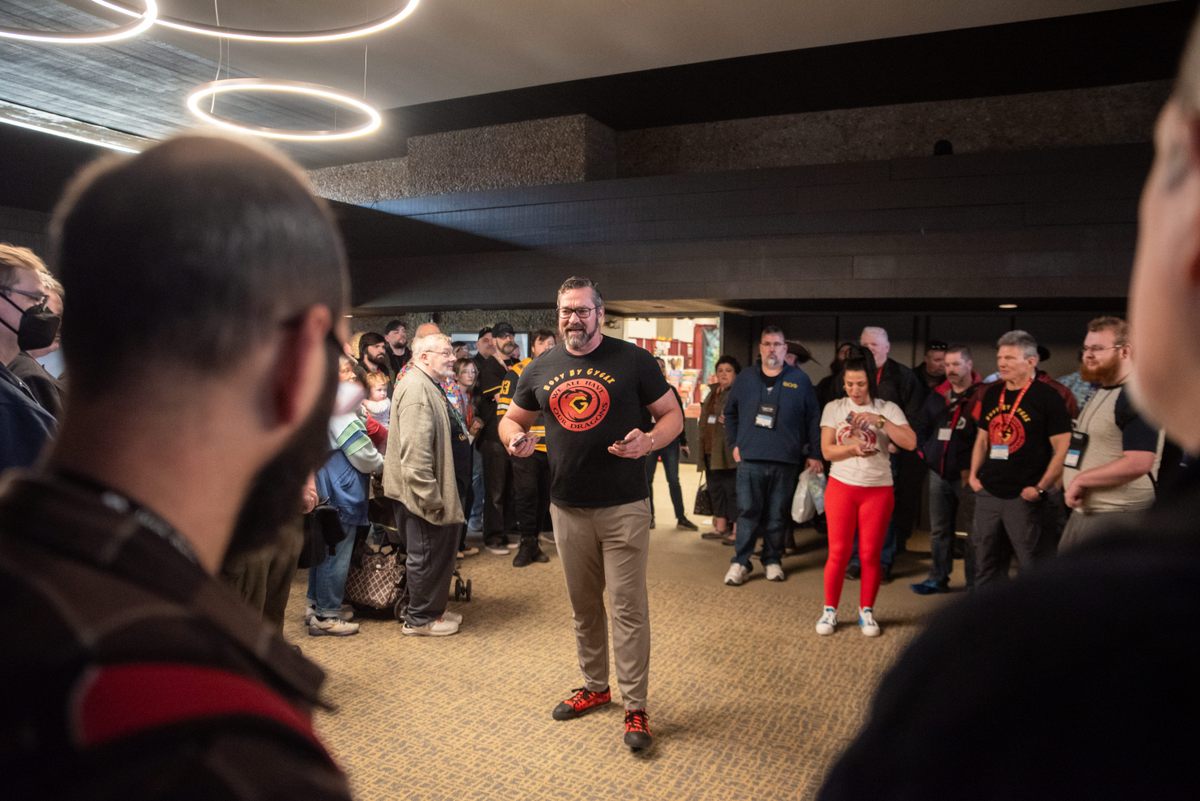

Like several other TSR employees, Williams, a Lake Geneva high schooler at the time, started working in the company’s game store, the Dungeon Hobby Shop, in 1976. He went on to run Gen Con in the 1980s and wrote the “Sage Advice” column for Dragon magazine, which answered questions about gameplay. He later became co-creator of the third edition of D&D in 2000.
Today, Williams is co-director of Gary Con’s events schedule. As someone who has helped organize both Gen Con and Gary Con, he says the latter is much more in tune with Gary Gygax’s original vision of Gen Con.
“Gary Con is very much game-orientated; Gen Con is a media event. I think one of the more difficult things to do at Gen Con is to actually play games,” says Williams.
After Gen Con settled in Indianapolis, it exploded into the largest convention of its type, with an attendance of over 70,000 last year. Gary Con, meanwhile, is capped at around 3,000 at their venue, the Grand Geneva Resort. This allows for a more intimate setting, and gamers might find themselves seated next to creators who worked on the game in front of them. Luke Gygax says gamers have traveled from as far away as Italy and Australia to attend.
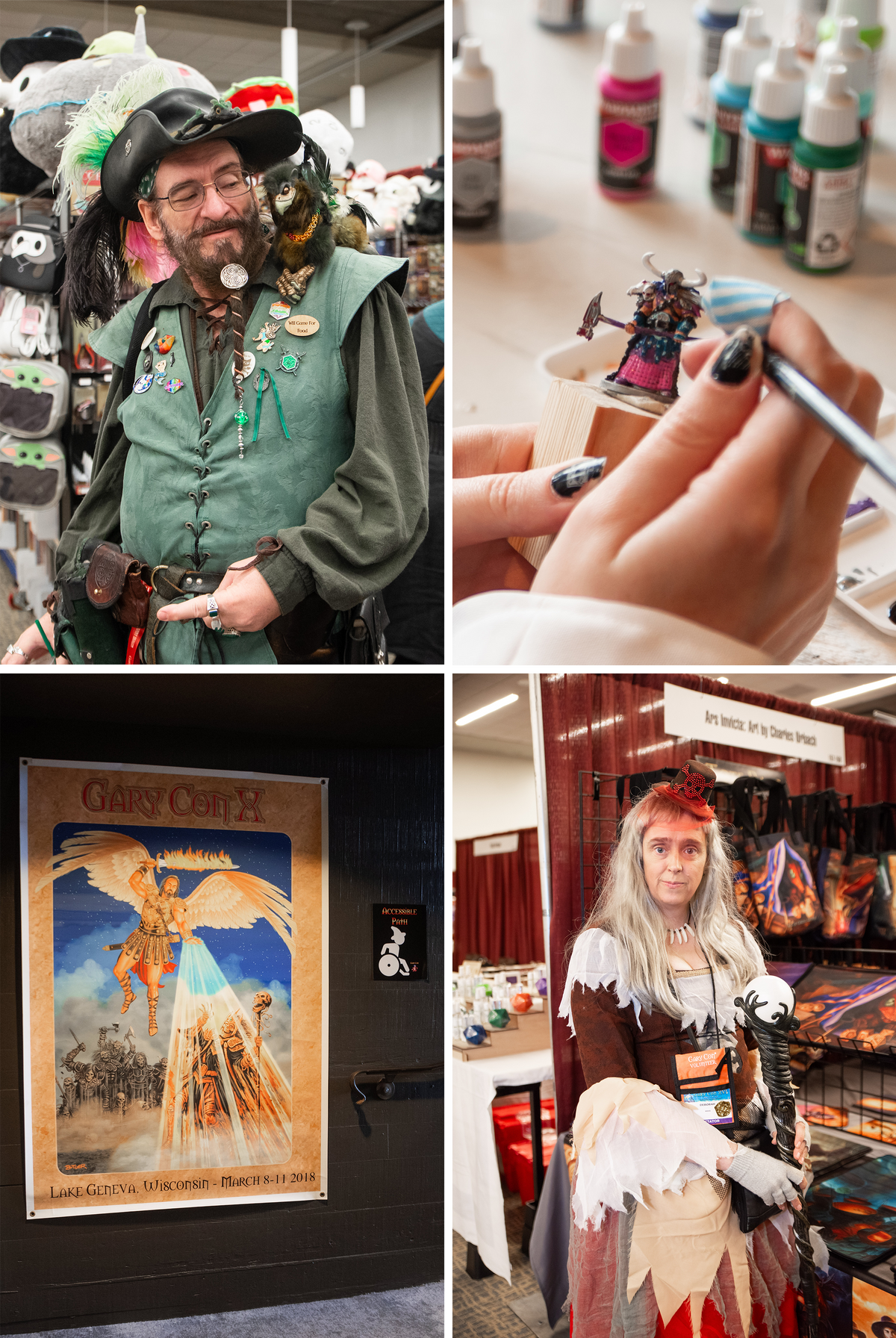
Other than Gary Con, there was little recognition of TSR’s history in Lake Geneva for decades, but in recent years, that’s begun to change, thanks largely to the efforts of Paul Stormberg, president of the Gygax Memorial Fund.
Stormberg, a D&D fan since he was 14, has followed an adventurer’s path—he’s worked as an archaeologist, cartographer, and combat medic. An interest in collecting vintage D&D materials led Stormberg to start his own company, The Collector’s Trove, in 2005, which auctions original roleplaying game art and ephemera. He took over operations of the Gygax Memorial Fund in 2019.
“It was just a natural progression of my love for the game and ultimately my love for its history and me feeling like I owe Gary something for enriching most of my life,” says Stormberg.
So far, the Gygax Memorial Fund has accomplished several of its goals. Stormberg helped set up a permanent display at the Geneva Lake Museum titled “The Wizard of Lake Geneva” about Gygax. In 2023, the fund produced the first Dragon Days Fantasy Festival, an annual celebratory weekend with a Renaissance fair vibe.
D&D fans can also visit the Dungeon Hobby Shop Museum, located in a former TSR headquarters, which is open for private tours, and the Gygax family home can now be rented as the Center Street Dungeon: Birthplace of DnD for gaming sessions.

The fund is currently pursuing its biggest goal, a Gygax memorial statue. Pending approval, the statue will be placed in a corner of Elm Park that they hope to rename Gygax Park and will feature a likeness of Gary Gygax sitting at the head of a table, where visitors can sit down and join him for a game.
The site is significant, Stormberg says, because Gygax would skip school and hang out in this corner of the lakeside park to read fantasy novels and daydream about dragons. Eventually, these dreams would become storylines of D&D, a creation that Luke Gygax says is much more than just a game.
“Being a gamer gives you certain skill sets you don’t realize you’re learning. You’re having fun, but you’re also problem-solving, you’re convincing a small group of a certain strategy—it’s collaborative,” Gygax says.
Gygax isn’t the only one who believes this—in recent years D&D has been used by therapists to develop social skills, encourage problem-solving, and explore identity.
“I knew how important it was to me: I grew up with it” Gygax says of D&D.
“It’s helped me excel throughout life—I went into the military and spent 30 years in the Army and always did well because I learned those skills in advance.”
He adds that it wasn’t until after his father’s death that he quite realized “how important it is in other people’s lives,” an epic adventure shared by millions of friends around the world.

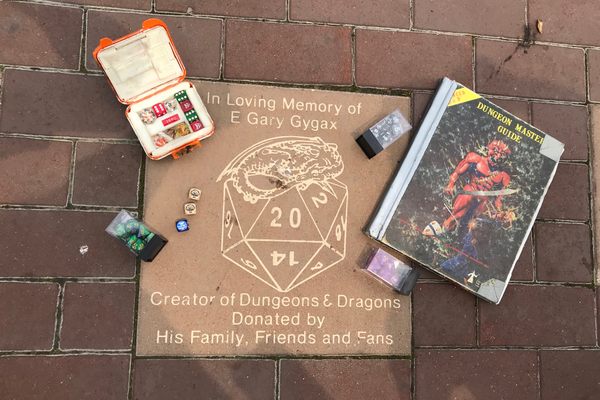





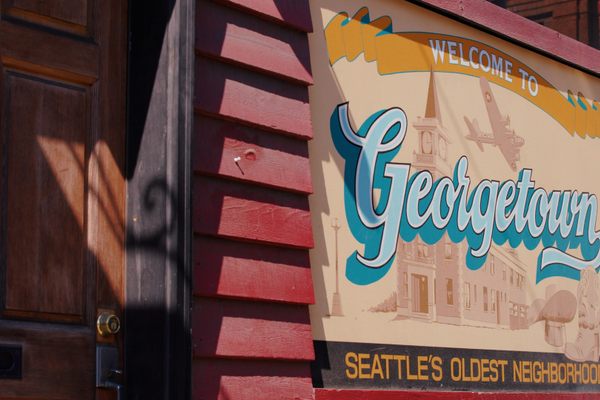


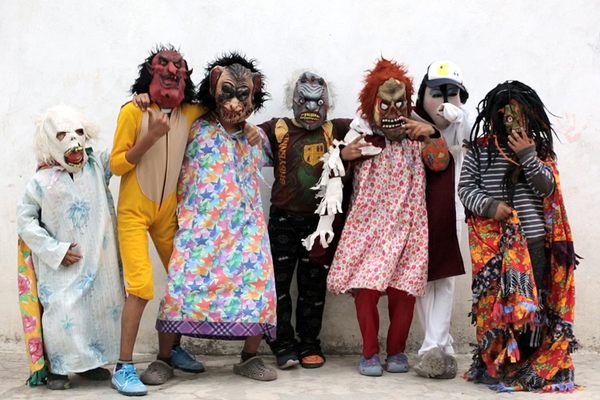


Follow us on Twitter to get the latest on the world's hidden wonders.
Like us on Facebook to get the latest on the world's hidden wonders.
Follow us on Twitter Like us on Facebook